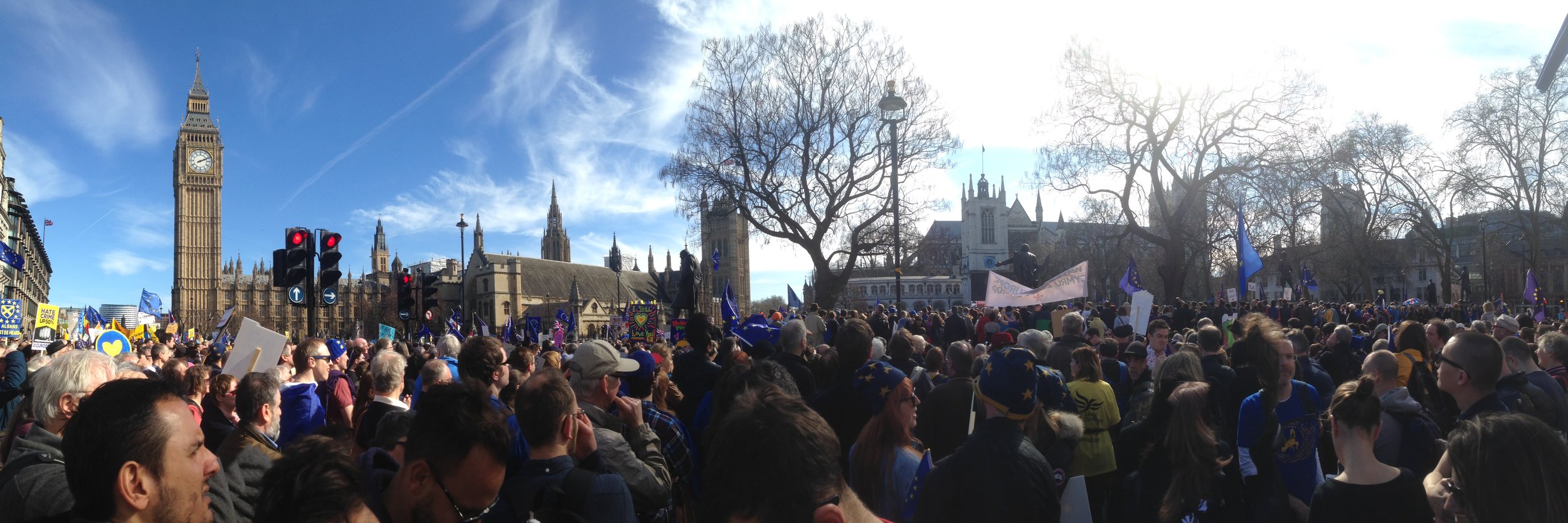What should Labour do?
It’s a new year and we’re all trying to turn over a new leaf; as much as is possible during a third lockdown. We’re trying to be better people and achieve the things we didn’t do last year. So, in that spirit, what should the Labour Party do this year to rise in the polls?
Labour needs to turn over a new leaf. There’s a huge health and economic crisis in the UK right now - not that anyone needs reminding - but the Labour Party is only 1% ahead in the most recent polls. In 2020 the government didn’t missed an opportunity to screw up, but Labour’s poll lead is within the margin of error and 41% of the population doesn’t think Keir Starmer looks like a Prime Minister in waiting (compared to 33% who do).
We all know what the problem is: Labour’s game is too defensive. To borrow a football metaphor Steven Bush used on the New Statesman podcast: Labour are playing a strongly defensive game in the hope that they’ll get lucky and the other side will concede a goal, so that they can eke out a 1-0 win. However, it just takes one screw up and the opponent gets a goal and then Labour will need 2 goals, which won’t come from playing defensively.
The alternative to defensive play
In this case, playing defensively is trying hard to avoid culture war issues and not being seen as too critical of the government during a national crisis. Taking ginger steps to avoid any cultural landmines won’t produce the ten-point poll lead Labour needs. So, what would?
Labour needs to describe a vision of how Britain would be different under a Labour government. It’s not necessary to announce specific policies at this point, when it’s so far from a general election, but Starmer and Labour need to tell a story about how the country could be different.
David Cameron did this effectively with Broken Britain, a slogan that conjured up visions of urban decay that united rural Tories and fretful, middle-class suburbanites in fits of pearl-clutching about everything that had gone wrong under the soulless technocracy of New Labour.
Constructive opposition isn’t helping Labour
It’s not enough to say where the Tories are going wrong. Starmer has consistently pointed out the mistakes that the Tories have made during the pandemic and, although Labour now have a small poll lead, the government is still polling in the high 30s. The Tories have plenty of time to switch leaders and fight a dirty campaign, filled with warnings of Labour profligacy and dog whistles about Cultural Marxism, to win the next general election.
It’s essential that Labour outline a vision for how the country will be different if Starmer is elected Prime Minister. The electorate need to believe in more than competence. They need a vision that inspires them to take a gamble on putting someone else in charge after what will be 14 years of Tory rule at the next election.
A strange voting coalition
The story that Labour should tell about how the country will be different should mainly be economic in nature. It should be focused on tackling inequality, creating jobs, providing decent housing, building infrastructure and redistributing wealth. A desire for this type of change is what unites Labour’s coalition, from young people in large cities struggling with poor quality housing and insecure work, to older people in towns with crumbling infrastructure.
As Helen Thompson said on the Talking Politics podcast, all electoral coalitions look strange and the coalition that Labour need to assemble looks very strange indeed, filled with people with very different values and opinions. They are divided on issues such as immigration, patriotism, how they view British history and social justice. An economic message can unite these voters.
Pain points for Labour
This will be hard to do. It’s a difficult thing to outline a compelling vision of how the country will be different under Labour that the electorate can believe in. The last three Labour leaders failed to do this.
It will also be hard to avoid being dragged into a cultural war over social issues, such as statues or trans-rights. There will also be people who will try and make issues such as Scottish Independence and our relations with the EU, pain points for Labour. (Some of these people will be motivated by a genuine passion to achieve something they believe in, but they will largely succeed in causing problems for Labour and getting more Tories elected.)
Something else that will make this difficult is that the politics of debt has reared its ugly head again. The government has had to borrow substantially during the pandemic the national debt has risen and Rishi Sunak appears willing to make this an important issue again. Whether he genuinely thinks that large public debts are unsustainable or is promoting this issue as it will be tricky for Labour to navigate (or both) is a moot point.
The lesson of Brexit
Calls for austerity following a period of large public borrowing is a simple message that can be easily explained to the electorate and one that Labour has struggled to deal with in the past. However, Brexit shows that it is possible to tell a political story that transcends economics. There are things that people care about more than money, as many people were willing to be (at least a little bit) worse off in exchange for the promise of freedom that Brexit was supposed to bring.
The Leave Campaign used “Project Fear” as a means to dismiss the economic concerns over Brexit. It worked during a time of lackluster economic growth, where many were feeling the pinch of low wage growth and high costs of living. Despite this many were willing to take the risk that things could be worse in exchange for the hope they could be better.
A vision of hope
The people who voted for Brexit were barking up the wrong tree. However, they show that a story about how the future can be better than the present can make handwringing about economic constraints look timid or expose them as an argument in favour of the status quo, if enough people believe in the story of change.
Labour must offer a vision of hope and tell a story about how we can build a fairer and better economy, which works for everyone. That is Labour’s only route back to power. Playing a defensive game in the hope that the government messes up enough for Labour to eke out a narrow victory won’t work.
"File:Official portrait of Keir Starmer crop 1.jpg" by Chris McAndrew is licensed under CC BY 3.0
















